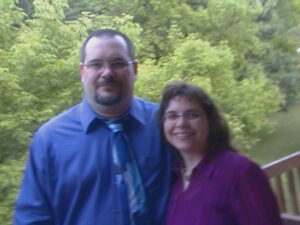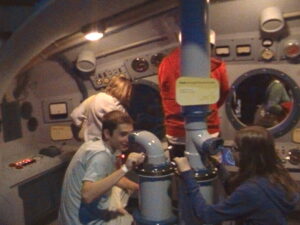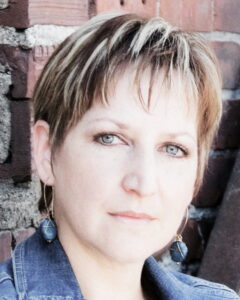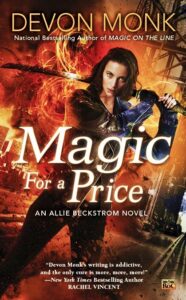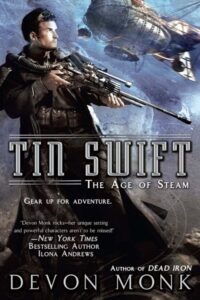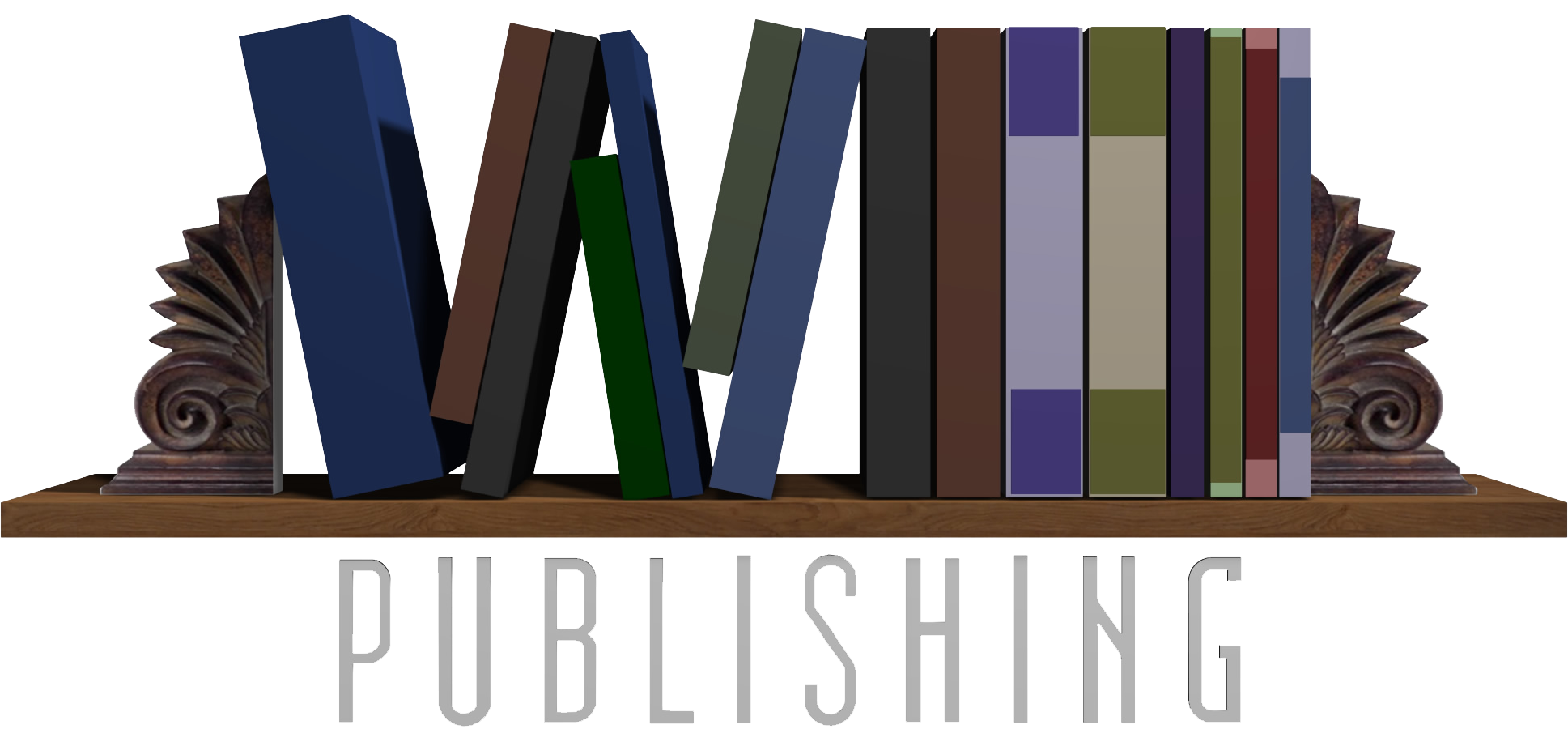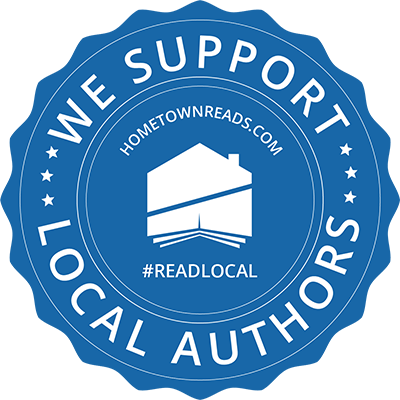Today we welcome mystery author, C.C. Harrison. I first met C.C. a few years ago when we worked together on her novel, Running From Strangers, a 2009 National Reader’s Choice finalist. She is a kind woman and a wonderful friend. Please help me in welcoming her to The Editing Essentials as our guestblogger today!

C. C. Harrison lives in Anthem, Arizona. When she’s not reading, writing, or working out at the gym, she can be found in the mountains of Colorado or in some far-flung corner of the Southwest.
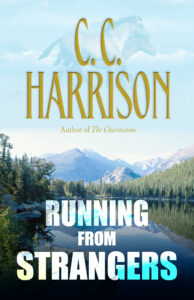 All authors are advised to write what they know. But how many of us know very much about anything outside of our ordinary lives? How many of us know anything interesting enough to carry a book through 90-100,000 words? Well, I’ve discovered the novelist’s secret—RESEARCH! So I say change that advice to write what you can research.
All authors are advised to write what they know. But how many of us know very much about anything outside of our ordinary lives? How many of us know anything interesting enough to carry a book through 90-100,000 words? Well, I’ve discovered the novelist’s secret—RESEARCH! So I say change that advice to write what you can research.
The benefits of research are many.
– Lends authenticity, realism and flavor to your story
– Adds little known details that can enhance your story
– May discover entirely new plot elements that deepen and solidify your story, or important details and facts that affect the trajectory of your entire book
How much you research depends on how much you already know about your topic, and how complex your plot is. In most cases, your research will happen in stages during the development of your story.
Begin when your story idea hits. Build your foundation with general information. Gather contacts, professionals who can help you later with details. At this stage, information will come to you in surprising ways. Once you have the idea for your book, information and research sources will fall into your lap. Your mind will automatically pick up information, you’ll notice newspaper and magazine articles, TV news items will jump out at you, you’ll meet just the person who has the information you need.
During the outline stage, you’ll have a good idea what you will need to research in more detail later on. Make a list. During the actual writing, you’ll want to seek answers to questions and fill in details as your scenes unfold.
IMPORTANT SOURCES OF INFORMATION
Internet – For a writer, this is the most valuable tool next to the computer itself.
Libraries – Local, big city, university. Many are online and available at no charge. Small town and regional libraries are excellent places to find locally written books, and newspaper clippings with information of local interest.
Used Book Stores – Out of print or small press books, and other treasures can be found here.
Museum Book Stores – Also full of treasures.
Historical Societies – Especially in small towns. Great source for books, photos, diaries, journals, logs, and valuable first person historical accounts. Visit, call, or email through their website.
Footnotes and bibliographies – Check the list of sources at the back of the book you are using for research.
Network With Clubs and Professional Organizations –Join or attend conferences, seminars, meetings. Excellent opportunities to gather information and meet experts in a particular field. Get on their email list. I belong to several email groups – private investigators, law enforcement, self-defense, hand to hand combat and survival instructors to name just a few.
Telephone – Call professionals/experts and ask questions. Most law enforcement departments and big companies have media relations or public affairs departments. Just ask when you call, and have your questions ready. Most will be flattered to be used as a source. Always ask for an email address for follow up questions. That way you will have your answer in writing and not make a mistake or misuse the information.
Law Enforcement – Check Amazon.com for law enforcement books. Also, Paladin Press website. You’ll find books on military and police science, i.e., firearms and weapons, self-defense, SEAL sniper training, KGB Training Manual, and so on.
Also, go on a Ride Along with local law enforcement; take a Citizen’s Police Academy course (I learned that one million dollars of used bills will fit into a pillowcase.) Develop law enforcement contacts such as sheriff’s deputies, detectives, etc. They are usually quite happy to speak with novelists.
Time Line Books and Websites – Outlines sequence of historical events, often with photos.
Children’s Books – Check the children’s section in bookstores and libraries. Some very good basic information on all kinds of topics.
Government Websites – FBI, CIA, Secret Service, Marshal Services, Witness Protection Program, National Security, Homeland Security website, and Department of Defense, etc.
Idiot’s Guides and For Dummies books – On just about every topic imaginable.
Honor the privacy of your sources. If someone gives you his or her private email address or home phone, do not give it out to anyone else without their permission. Give them credit. Ask if you can thank and acknowledge them by name in your article or in the front matter of your book. Above all, show gratitude. Send a thank you note (email is okay), and if their contribution was major, send them a copy of the published piece.
IMPORTANT TOPICS TO RESEARCH
Geographic/Regional – Visitor and Convention Bureaus, travel sites, travel books (Fodor’s, for example) tourist guides and brochures, etc.
Occupations – Vocational Biographies, and other career reference books carried by most libraries and high school/college placement offices. Mostly online now.
Clothing – Period fashions, uniforms (military, medical, job specific.) Find in books and museums.
Food – Regional, traditional, Victorian, Medieval, etc.
Language/slang/occupational or scientific terminology – Make sure your character speaks using appropriate language. Your cop should speak like a cop, your lawyer like a lawyer, your quilter should know specific language of people who make quilts.
Guns/Weapons/Explosives – Gun manufacturer websites, NRA, police and law enforcement blogs, police equipment websites, etc. (I once had to know how much a police officer’s duty belt weighed.) Attend gun shows and ask questions.
Geology – Describe landforms, seascapes for sense of place. Use the right words. I have geology reference books.
Weather – Storms, describe skies, sunsets, sunrises. I have weather and sky books.
Don’t get too attached to your research, or go off on tangents. It’s easy to do if you are a history or research fanatic. And don’t get distracted. Stay focused on information that pertains specifically to your novel.
You might be tempted to put all your research into your story, but don’t. Only use the information for flavor unless you are writing a “historical” novel which will require you to be totally accurate. Unless you are writing for historical correctness, don’t sacrifice your story for the research. For most writers, story wins out over research every time. Keep your research records especially if you are going to write other novels set in the same period or location.
Readers like books with a realistic sense of place, but how do you realistically set a book in a place, especially a well-known location, without actually going there? Here are some tips:
Have Your Story Character Be New to the Area – Set it up so that your main character has recently moved to the city/town, so he or she won’t know much about it.
Read Books Set in the City – You can Google search for lists of books set in a certain locale.
Watch Movies Set in the City – Use Google/Bing searches for this, too. Internet Movie Data Base (IMBD) is a good search site.
Contact Tourist and Convention Bureaus – Call or email with questions, ask them to send you brochures, pamphlets, travel kits, whatever they have.
Local Police and Fire Departments – Call or email the Public Affairs Officer or Department with specific questions.
Get Maps – MapQuest, AAA, or buy from a retail map store.
Look at the City’s Internet Site – This will give you information on places of interest, restaurants, theaters, schools and universities, and give you some idea what it’s like to live there. Also, search for blogs about living in that city or locale.
Ask Friends or Family Members – Call anyone you know who lives there.
Online Webcams – Cities often have live webcams active on intersections, or other places of note in the city.
GOOGLE EARTH – You will be amazed how down to earth you can get in a city using Google Earth.
Good luck, and have fun!
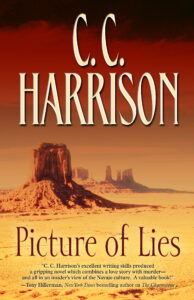
Thank you, C.C., for joining us today. If you have questions or comments for her, she’ll be with us all day. We hope you enjoyed this post and will share it with other writer friends who will find it helpful. Thank you!🙂
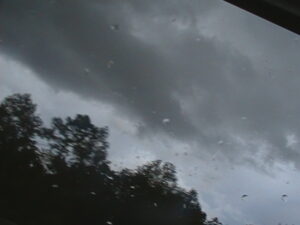




 Many mystery writers look for unusual backgrounds and quirky occupations for their protagonists to set themselves apart from others in the crowded field of cozy mysteries. I understand completely. If you’re not writing police procedurals or thrillers filled with spies, government types, or special agents, it’s hard to make one’s protagonist stand out from the crowd. However, I take a different tack. I prefer to write about everyday women, working in an ordinary job or retired, who happen to stumble upon a dead body and feel compelled to track down the killer. I feel the reader can identify with her because they have everything in common. She is not an expert in ancient languages or a famous chef or a biker. She is the woman next door, or in your book club. All of my protagonists are women of baby boomer age, some retired, some not. All are middle-class average housewives or office workers who stumble onto crimes that shock and appall them and are driven to find the perpetrator. Even though they have little knowledge of police procedure or access to crime labs and specialists, they manage to find the guilty party through passion, hard work, and determination.
Many mystery writers look for unusual backgrounds and quirky occupations for their protagonists to set themselves apart from others in the crowded field of cozy mysteries. I understand completely. If you’re not writing police procedurals or thrillers filled with spies, government types, or special agents, it’s hard to make one’s protagonist stand out from the crowd. However, I take a different tack. I prefer to write about everyday women, working in an ordinary job or retired, who happen to stumble upon a dead body and feel compelled to track down the killer. I feel the reader can identify with her because they have everything in common. She is not an expert in ancient languages or a famous chef or a biker. She is the woman next door, or in your book club. All of my protagonists are women of baby boomer age, some retired, some not. All are middle-class average housewives or office workers who stumble onto crimes that shock and appall them and are driven to find the perpetrator. Even though they have little knowledge of police procedure or access to crime labs and specialists, they manage to find the guilty party through passion, hard work, and determination.

